I’ve heard quite a few parents use “postpartum” interchangeably with “postpartum depression” (i.e.: I suffered from postpartum…”), but the two terms aren’t interchangeable at all.
What’s the difference?
Postpartum is simply the time following birth. You may hear this time called “the fourth trimester” or referred to as “postnatal”, but these terms all are referencing this particular time period.
Postpartum depression is depression after pregnancy, occurring anytime during the first year postpartum. Symptoms of postpartum depression can include:
- Feelings of anger or irritability
- Lack of interest in the baby
- Appetite and sleep disturbance
- Crying and sadness
- Feelings of guilt, shame, or hopelessness
- Loss of interest, joy or pleasure in things you used to enjoy
- Possible thoughts of harming the baby or yourself
Why does this matter?
Highlighting the difference was important to me for a couple reasons.
One, when these words are used interchangeably, it can lead people to believe that postpartum doulas only work with parents experiencing postpartum depression; that is not true. We do, however, receive training on recognizing the signs of postpartum mood and anxiety disorders early, which can lead to issues being addressed sooner.
Two, when postpartum depression isn’t correctly labeled and discussed, it can lead parents to feel ashamed or alone. According to Postpartum Support International, 1 in 7 moms and 1 in 10 dads suffer from postpartum depression—so parents are far from alone, are not to blame, and are able to be well when the proper resources are utilized.

Recent Comments